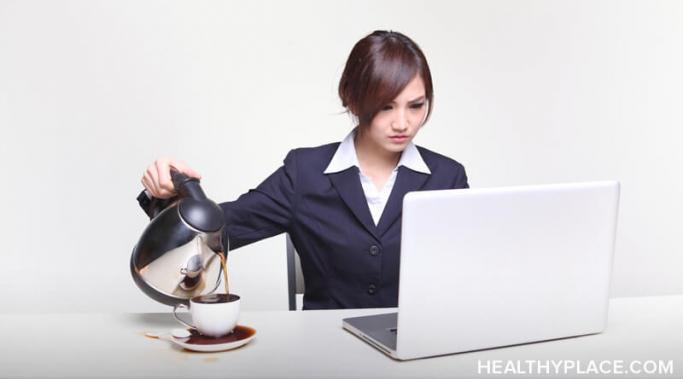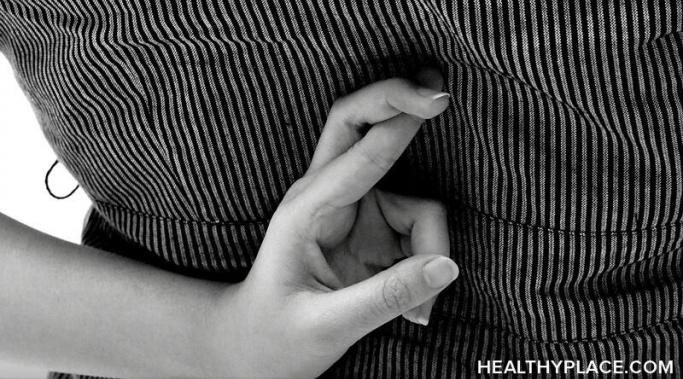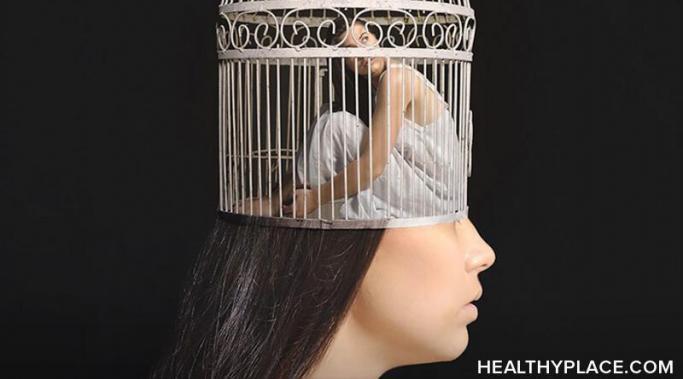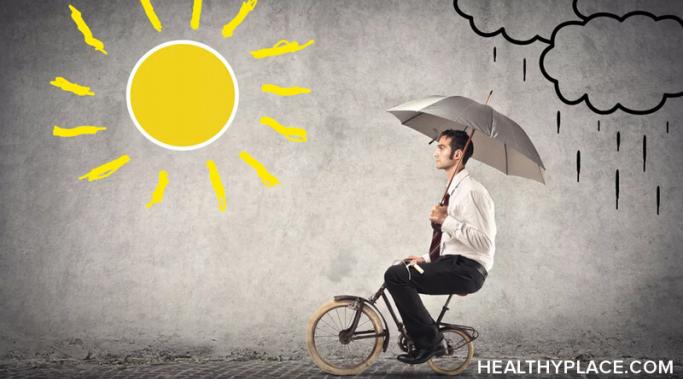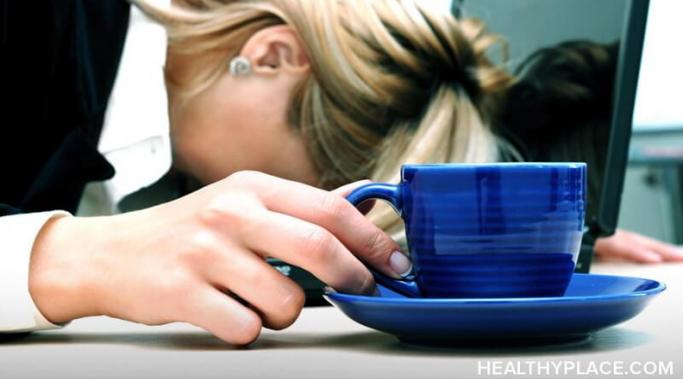I am neither a fan nor a hater of Taylor Swift. That said, I find her glorification problematic. What exactly am I talking about? I'm talking about her pandemic productivity, of course.
Depression – Work and Bipolar or Depression
We are living in the age of the gig economy, but how are these side hustles affecting depression?
Speaking from personal experience, being single isn't easy -- even when it comes to the workplace. There are several reasons for this, but today, I want to focus on how single employees might be depressed because they are overworked and undervalued. The common assumption is that if someone is single, they are far more available for work than their married and committed coworkers. They are supposed to work longer hours by default, and work is often unceremoniously dumped on them without their consent. Over time, chronic overworking leads to mental health issues like burnout and depression, especially if an individual is underpaid and undervalued.
Like me, I'm sure you've heard the popular advice "fake it 'til you make it" at least once in your life. While it may help you get ahead in your career, I believe it will not serve you in the case of depression. I say this because I've suffered the consequences of this toxic mindset in my depression journey -- and I hope I can help you avoid this fate.
In recent years, constant connectivity and hustle culture have made it difficult for us to define boundaries between work and life. Now that many of us are working from home owing to the coronavirus pandemic-induced social distancing, the lines have become more blurred than ever.
Thinking traps, also known as cognitive distortions, are exaggerated or unbalanced thinking patterns that negatively impact mental and emotional health. While thinking traps are common and can affect anyone from time to time, people living with bipolar disorder, depression, or anxiety are especially susceptible. The following are three common thinking traps that I often find myself caught in, especially in relation to my job: all-or-nothing thinking, overgeneralization, and labeling/mislabeling.
When a celebrity dies by suicide, the reports that follow tend to focus on different versions of the same question: how could someone with such an awesome life be so unhappy? (Note: This post contains a trigger warning.)
Fatigue at work often interferes with your job when you have depression. When you are constantly exhausted, it’s hard to focus on your job, and depending on what you do, this can be dangerous. If fatigue because of depression at work is a problem for you, it’s important to take steps to manage it. In this post, I will go over habits to establish to help you manage exhaustion, as well as some quick tips for dealing with fatigue at work.
Making friends at work when you have depression is important because social support is an integral part of a healthy life. Even the most introverted among us need friends. Depression inherently affects the way we interact with others. Feelings of loneliness are a common sign of depression and the symptoms of depression often result in the desire to isolate yourself, which only further compounds the feeling of being alone. It can feel impossible to reach out when you're depressed, but if you can establish a healthy support network, you have a lifeline during moments when it feels like depression is encompassing your whole world. This is particularly beneficial at work, where you spend most of your time. This is why it’s in your best interest to try to make friends at work, even with depression.
Setting boundaries at work is important, but, as someone with depression, I have often struggled to set boundaries. It’s an important part of self-care when you’re depressed, but it’s not always easy, especially at work. You need to advocate for yourself, but you also don’t want to risk being fired, and if you also have an anxiety disorder like me, that might be a very real fear. That being said, if you are proactive and communicate clearly and professionally, you can successfully set boundaries at work and be happier and healthier for doing so.


